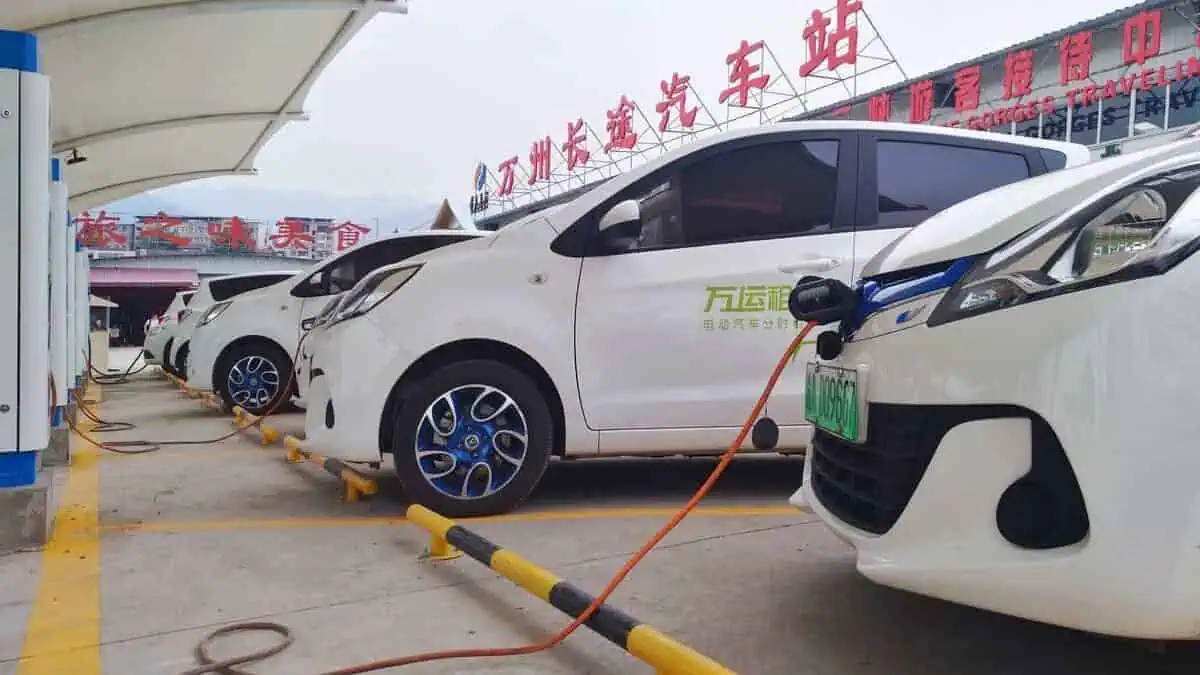While other massive name automakers may be popular in the European and American markets, they are struggling in the competition in the world’s largest market in the electric vehicle, China.
Huge names such as General Motors and Volkswagen are popular names in the Internal Combustion Engine (ICE) segment. They are doing great when producing and selling these types of vehicles.
To keep up with the current trend, both companies diversified their portfolios. They added a few electric vehicles to their lines, which are successful in some markets. However, they are lagging behind local manufacturers in the Chinese market.
Many Chinese buyers consider a local brand more than a foreign one. Some don’t even think of a foreign brand on their next buy of an EV.
According to Reuters, citing the China Association of Automobile Manufacturers (CAAM), new energy passenger cars (pure EVs and Plug-in Hybrids) have significantly increased.
The number grew to more than double compared to a year ago, with 1.49 million cars in just four months of 2022.
Electric cars account for 23% of China’s passenger market; wherein overall vehicle sales have declined to over 12%.
According to another data from Cleantechnica, the top 20 most popular models in China last April don’t even have a foreign name.
However, one significant name may be seen on Chinese roads. It is none other than Tesla.
Tesla is maybe the only foreign brand on par with local Chinese manufacturers; however, as Tesla seems to do well in other markets, it still lags behind the leader in China, which is BYD.
A local office worker Tianna Cheng told Reuters that she did not consider foreign brands for EVs. “If I was buying a gasoline car, I may have considered foreign brands,”
“But I wanted an EV, and other than Tesla, I saw few foreign brands applying advanced smart technology properly.” Cheng added
“Foreign brands are so far from my life and lifestyle,” Cheng said. She also noted that the digital assistant handles its connections to apps and does everything for her, including opening windows and turning on music.
Additionally, the local brands are just stronger than foreign ones.
TECHNOLOGY PLAYS A BIG PART
Bill Russo, a former Chrysler executive who now heads Shanghai-based consultancy Automobility, said that global brands need to turn the situation around quickly because they controlled less than 20% of China’s only growth in the auto market.
“Chinese brands are winning the race to EV,” Russo said. “Traditional companies are not hi-tech natives.”
Foreign brands should keep up with the current technology and significantly innovate their software. They should match China’s demand and lifestyle to play big in the Chinese EV market.






